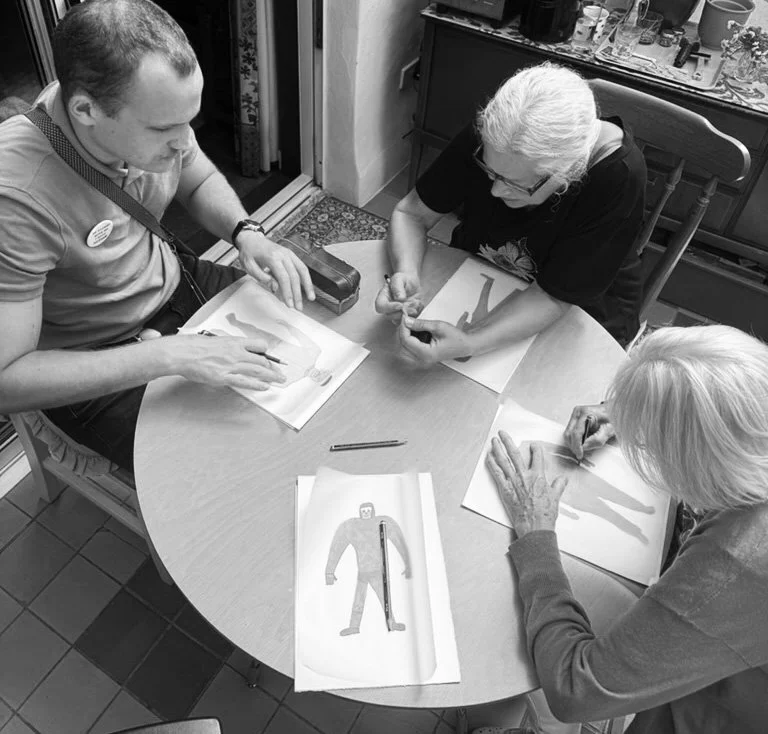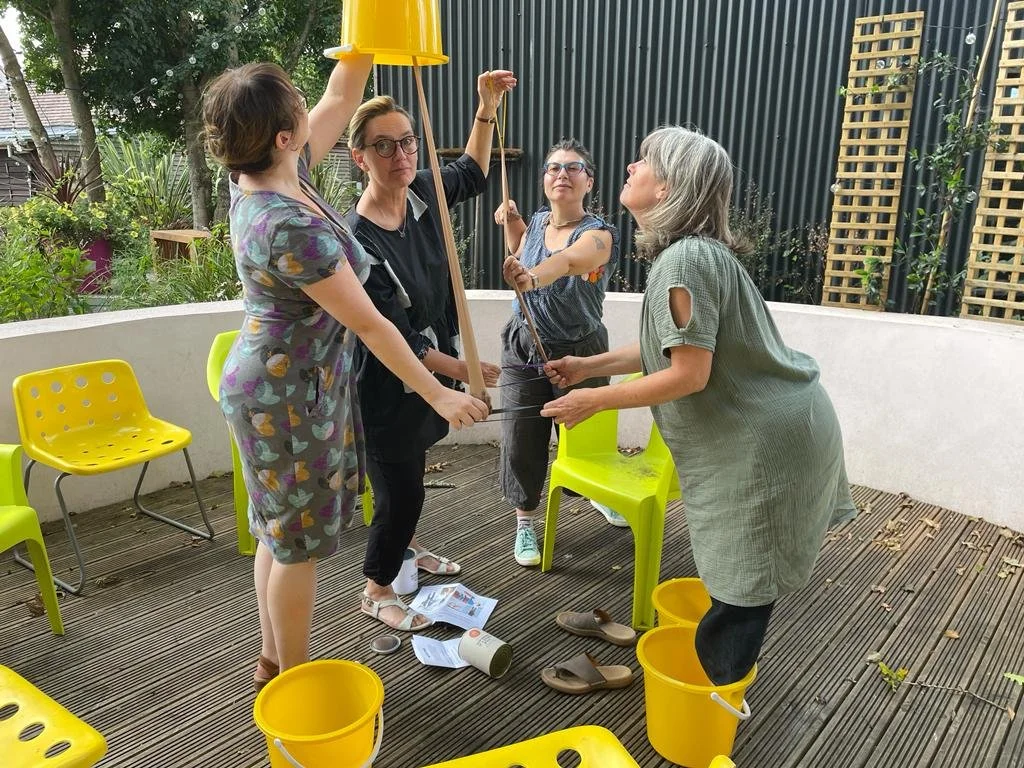Creative Allyship
One-to-one sessions with individuals experiencing cognitive or communicative difference
✦Reimagining difference through artful presence and poetic expression
This offering is for individuals who experience the world differently—whether through memory shifts, speech differences, neurodivergence, or other forms of cognitive, communicative or mobility change.
Rather than aiming to “fix” or normalise, we explore together what these differences might be saying, revealing, or critiquing about the world around us—and how we can reimagine and positively change the experience of them.
As a Creative Ally and Co-Leader, I support a process that follows your own interests, choices, and inclinations. Together, we shape creative encounters that emerge from what feels natural, meaningful, or curious to you. This might include working with everyday objects, gestures, storytelling, sound, or sensory exploration—always led by what draws your attention or feels right in the moment and promoting your own self advocacy and creative agency..
You are welcome to set a goal, intention, or even a deadline if there’s something you want to create, express, or work toward. This space supports what you want to achieve—whether that’s clarity, confidence, connection, or a tangible creative outcome.
We treat repetition, silence, misalignment, or forgetting not as errors, but as potential material for poetic expression and shared understanding. In this space, nothing needs to be explained or corrected—everything can be noticed, honoured, and creatively reimagined.
Fee: £45 per hour (sessions are usually 2 hours)
This service can be self-funded or tailored to fit government-funded support such as Direct Payments, Personal Budgets, or PIP, where applicable.
⸻
Creative Support for Family Carers
Reframing care challenges into creative connection and meaningful understanding
✦
One-to-one sessions for people caring for a loved one
This offering is for family members or informal carers who are supporting someone with a cognitive or communicative difficulty (e.g. dementia, autism, dyslexia). These sessions offer space to reflect, find new ways of engaging, and ease stress around specific behaviours.
Together, we use creative reframing to shift difficult or confusing moments into meaningful or even poetic exchanges—supporting new ways of relating that feel lighter, more connected, and less burdened by pressure or failure.
You are invited to bring your concerns, frustrations, or hopes—and we will work together to open up space for new insights, tools, or rituals that feel aligned with your values. These sessions are co-led and highly personalised, offering emotional support as well as creative strategies.
Fee: £45 per hour (sessions are usually 2 hours)
Can be self-funded or supported through carer support programmes and social care allowances.
⸻
Group Sessions & Creative Direction for Carer Communities
Restoring value, connection, and imagination within the act of care itself.
✦ Facilitated creative workshops for carer groups, staff teams, or organisations
These group sessions are designed for formal or informal carers, support workers, or creative practitioners working in care contexts. Sessions can include reflective practice, guided creative exercises, participatory art-making, and discussion.
The aim is to reframe the care relationship as a co-creative, reciprocal process—where both the carer and the cared-for are transformed through presence, improvisation, and shared meaning-making. These workshops offer practical tools as well as poetic insight, helping participants rediscover joy, purpose, and dignity within their roles.
Group formats are flexible and responsive to context—whether as one-off workshops, staff wellbeing events, or ongoing reflective practice series.
Pricing: Available on request (based on group size and session length)
Can be commissioned by arts, health, or care organisations.
⸻
✦ Philosophical Note
This is not art therapy. It is a co-creative, expressive process that doesn’t aim to treat or correct, but instead recognises so-called pathological behaviours as meaningful expressions in their own right: portals to creative insight, social critique, and alternative ways of being.
While Thomas Armstrong (author of The Power of Neurodiversity) highlights the strengths of neurodivergent individuals, my work goes further—revealing the perceived ‘symptoms’ themselves as sources of value, vision, and cultural critique.



